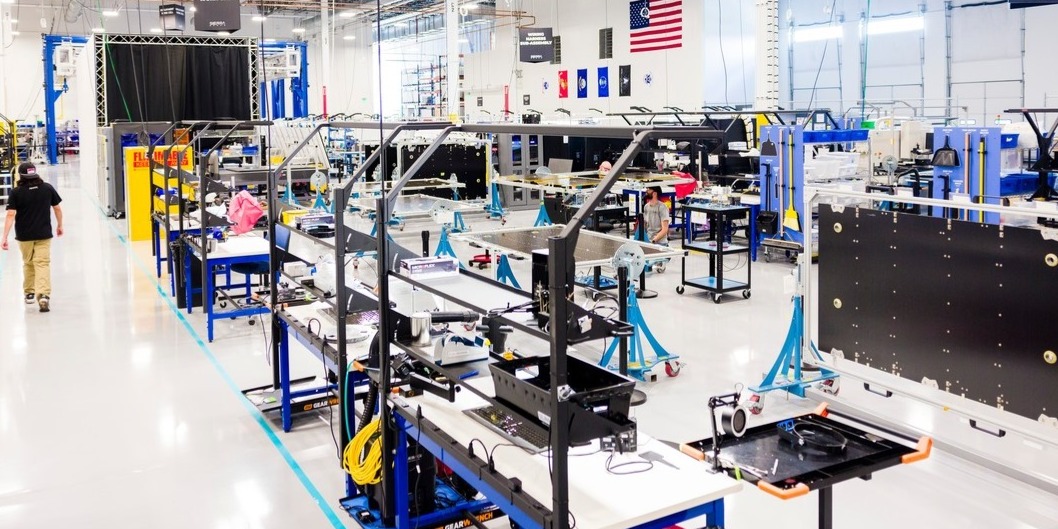Biogas systems hold tremendous opportunity in every US state – ABC data
The American Biogas Council (ABC) has released new data showing, on a state-by-state basis, the energy production and waste recycling benefits that a full build-out of potential biogas systems could provide. The data, provided via an interactive map, includes the number of existing and potential biogas operations in each state, the current and potential biogas energy production capacity, and the resulting climate and economic benefits.

Biogas is energy captured from organic materials like manure, food waste, and wastewater solids as they break down. It can be used to power and heat homes, fuel vehicles, and generate electricity.
Biogas is often purified to nearly pure biomethane, aka renewable natural gas (RNG), and used as a replacement for fossil natural gas.
Additionally, the anaerobic digestion (AD) process produces nutrient-rich organic fertilizer that offers a sustainable alternative to synthetic soil additives.
Tremendous potential
The newly released data indicate that if potential capacity is fully realized, the American biogas industry could generate 255 billion kilowatt-hours of renewable electricity annually, enough to power 23.7 million average homes, or nearly all households in Texas and California combined.
Similarly, a fully built-out biogas sector could provide enough fuel to supply 40.4 million vehicles a year—or all the passenger vehicles in California, Texas, Florida, New York, and Pennsylvania combined.
All of this energy would be generated each year from 30 million tons of farm animal manure and 12 million tons of municipal wastewater biosolids (sludge) produced in the United States, along with 74 million tons of surplus food, including 24 million tons of inedible food waste, sent to landfills each year
America’s biogas producers not only create reliable energy and natural fertilizer from material that would otherwise be wasted, but they also provide real economic benefits and help ensure clean water and air. But we need more systems built. For the billions of tons of waste the nation produces each year, the US has too few biogas systems to manage it. This new data reveals the immense benefit that building more biogas systems would bring, said Patrick Serfass, ABC Executive Director.
Opportunity spans all sectors
Nationally, the US biogas industry is growing at its fastest rate in history. The new data shows that while the country has nearly 2,500 biogas systems in operation, there is potential to deploy an additional 17,000 projects – almost eight times the projects currently in operation.
Biogas systems could be built at 11,200 livestock farms, 3,750 wastewater plants, and 730 landfills.
In addition, 1,370 stand-alone food waste systems could be developed to beneficially use the 74 million tons of food waste in the United States each year.
On a state-by-state basis, Iowa leads the nation in the number of additional biogas systems that could be built, nearly 2,900.
About 2.8 billion kWh of electricity could be generated from Iowa’s waste using biogas systems, enough to power more than 330,000 homes, or about 23 percent of all homes in the state.
In terms of total potential energy or fuel output from biogas, California leads the nation. The state, which already boasts the capacity to produce 92.1 billion cubic feet (Bcf) of biogas per year, could create an additional 410.5 Bcf each year—almost five times more.
That quantity of biogas could be purified into 283 Bcf of pipeline-quality RNG per year, equivalent to almost 14 percent of the state’s current consumption of natural gas.
These biogas systems would have environmental and economic benefits as well. The biogas industry could reduce greenhouse gas (GHG) emissions by an amount equivalent to the carbon captured by 11 million acres of forest, or half the forested area of the state of Washington.
Similarly, the industry could unlock US$450 billion in capital investment, create 900,000 short-term construction jobs, and deliver 45,000 permanent jobs across the country.
What's Your Reaction?


























































